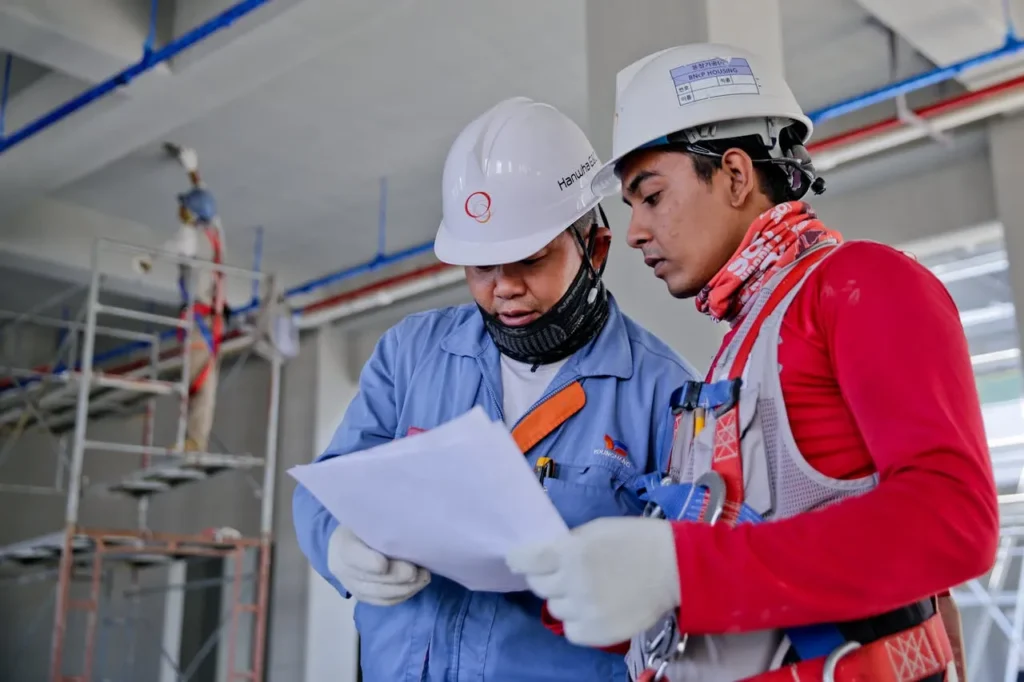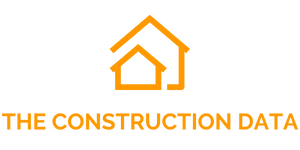
Iraq Construction Market Report 2024: Trends, Developments, and Forecasts
The latest report, “Iraq Construction Market Size, Trends, and Forecasts by Sector – Commercial, Industrial, Infrastructure, Energy and Utilities, Institutional and Residential Market Analysis to 2028 (H2 2024),” has been added to ResearchAndMarkets.com’s offerings. This report provides a comprehensive analysis of Iraq’s construction industry, highlighting key trends, government investments, sector-specific developments, and market risks.
Industry Growth and Key Drivers
The construction industry in Iraq is set to experience steady growth, with an expected expansion of 5% in real terms in 2024. This growth is driven by significant public and private sector investments in key areas such as transportation, renewable energy, and housing infrastructure. Additionally, increasing demand for oil and gas projects is contributing to the industry’s upward trajectory.
The Iraqi government’s substantial financial commitment to infrastructure development is evident in the 2024 Fiscal Budget (2024-25). The government has allocated IQD211 trillion ($162 billion) for capital expenditures, marking a 6% increase from the previous fiscal year. Key sectors benefiting from this budget allocation include:
- Energy sector: IQD40 trillion ($30.8 billion)
- Security and defense: IQD33.3 trillion ($25.6 billion)
- Education sector: IQD17.3 trillion ($13.3 billion)
Forecast for 2025-2028
Over the remainder of the forecast period (2025-2028), Iraq’s construction industry is expected to maintain an annual average growth rate of 4.9%. This growth is supported by continued investments in energy, water infrastructure, and housing projects. The government’s commitment to renewable energy is particularly noteworthy, with plans to increase renewable energy production to 12GW by 2030.
In October 2024, the Export-Import Bank of the United States (EXIM) approved an investment of IQD386.1 billion ($297 million) to fund an energy efficiency project in Iraq. This investment is expected to play a crucial role in modernizing Iraq’s energy infrastructure and improving efficiency across key sectors.

Oil and Gas Sector Expansion
Oil and gas projects remain a cornerstone of Iraq’s economic development. The government’s plan to increase oil production from five million barrels per day (bpd) in 2023 to six million bpd by 2030 is a critical driver of growth. To support this goal, substantial investments are being made in refinery development and expansion projects.
A significant milestone in this effort occurred in June 2024, when the US-based company Honeywell signed a Memorandum of Understanding (MoU) with Iraq’s Oil Ministry. This agreement aims to increase the country’s crude oil refinery capacity by 40%. As part of this initiative, seven new refinery projects are planned, each with a processing capacity of 70,000 barrels per day (b/d). Additionally, the project includes expansions of existing refineries in Doura, Haditha, and Qayyarah.
Sector-Specific Developments
The construction market in Iraq is segmented into several key sectors, each playing a vital role in the country’s economic development:
1. Commercial Sector
The commercial sector is witnessing a surge in construction activity, with new retail spaces, office buildings, and mixed-use developments emerging across major cities. Baghdad and Basra are at the forefront of commercial development, with increased foreign investment driving growth in business districts.
2. Industrial Sector
Iraq’s industrial sector is expanding as the country seeks to diversify its economy beyond oil. The government is promoting industrial zones and manufacturing hubs, particularly in areas related to construction materials, cement production, and steel manufacturing.
3. Infrastructure Development
Infrastructure projects, including roads, bridges, and public transportation systems, are a major focus. The Iraqi government has prioritized the modernization of transportation networks to improve connectivity and facilitate trade. Key projects include:
- Expansion of the Baghdad Metro system
- Development of new highways connecting major cities
- Rehabilitation of critical road networks damaged by past conflicts
4. Energy and Utilities
The energy sector remains a priority, with investments in renewable energy sources such as solar and wind power. The government’s goal of generating 12GW of renewable energy by 2030 is expected to attract further investments in power plants, transmission networks, and smart grid technology.
5. Institutional Sector
The institutional sector is experiencing growth due to increased spending on education and healthcare infrastructure. The government has allocated IQD17.3 trillion ($13.3 billion) to the education sector, leading to the construction of new schools, universities, and research facilities. Additionally, investments in healthcare are supporting the development of modern hospitals and medical centers.
6. Residential Sector
Housing demand continues to rise, driven by population growth and urbanization. The government has launched several initiatives to address the housing shortage, including public-private partnerships to build affordable housing units. Large-scale residential projects are underway in Baghdad, Basra, and Erbil, aimed at providing modern living spaces for Iraq’s growing population.
Mega-Project Pipeline and Investment Opportunities
Iraq’s construction market is supported by a robust pipeline of mega-projects, spanning various development stages. These projects present significant opportunities for investors, contractors, and consultants. Key areas of focus include:
- Oil and gas infrastructure expansion
- Renewable energy projects
- Urban development and smart city initiatives
- Industrial and manufacturing zones
Market Risks and Challenges
While the outlook for Iraq’s construction industry remains positive, several risks and challenges must be considered:
- Political and Security Risks: Ongoing political instability and security concerns can impact project timelines and investor confidence.
- Regulatory and Bureaucratic Hurdles: Complex regulatory frameworks and bureaucratic delays may slow down project approvals and implementation.
- Funding and Financial Constraints: While government investments are substantial, securing private sector funding remains a challenge for certain projects.
- Supply Chain Disruptions: Dependence on imported construction materials and equipment may lead to cost fluctuations and delays.
Key Benefits of the Report
This report provides in-depth insights into Iraq’s construction industry, helping stakeholders make informed decisions. Benefits include:
- Identification and evaluation of market opportunities using standardized valuation and forecasting methodologies
- Access to over 600 time-series data forecasts to assess market growth potential
- Insights into the latest industry and market trends
- Actionable intelligence for formulating and validating business strategies
- Assessment of business risks, including cost, regulatory, and competitive pressures
- Evaluation of competitive risks and success factors
Report Contents
- Executive Summary
- Construction Industry: At-a-Glance
- Latest News and Developments
- Project Analytics
- Construction Market Data
- Risk Profile
- Appendix
Iraq’s construction industry is poised for sustained growth, supported by government investments and increasing private sector participation. With a strong pipeline of infrastructure, energy, and residential projects, the sector presents significant opportunities for investors and stakeholders. However, navigating market risks and regulatory challenges will be crucial for success.




